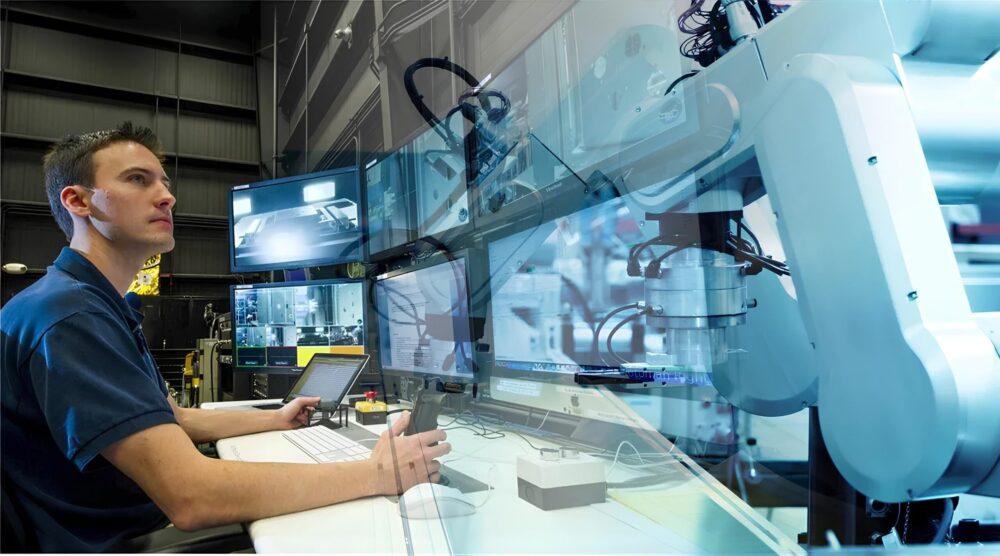The speed of data processing in accounting depends not only on skills but also on choosing the right technology. The best laptops for accountants combine convenience, reliability, and durability without unnecessary power, which is not required in this field. Optimal models confidently handle accounting software, spreadsheets, and databases without overloading the budget.
Parameters defining the best laptops for work accountants
The choice of technology for accounting is based on clear technical guidelines. The best devices for accountants demonstrate stability and performance suitable for specialized tasks.

Processor and performance
For accounting programs, Intel Core i3, i5, or AMD Ryzen 3, 5 processors are optimal. These chips ensure a smooth workflow of specialized software. They confidently process large tables without freezing, even when multiple tabs are open simultaneously.
Memory and functionality
8 GB of RAM guarantees fast file processing and stability. An SSD with a capacity of 256 GB allows for instant application launches and storage of significant amounts of data. The best laptops for accountants provide this functionality, ensuring a high level of comfort during daily workloads.
Screen and display
An optimal 15.6-inch screen ensures easy file management and quick access to spreadsheets. Modern gadgets come with Full HD displays with a resolution of 1920×1080 pixels. This allows for clear visibility of small elements and reduces eye strain.
Battery and autonomy
Long battery life is a key factor for accounting activities outside the office. Devices hold a charge for at least 6-8 hours, allowing for free movement with the equipment in workspaces without constant reliance on a power outlet.
Mobile solutions and requirements for productive remote work
Modern accountants often transition to a remote format. Therefore, the best devices offer mobility without compromising performance. Models with a lightweight body up to 2 kg and a battery life of 6-8 hours fit this employment format perfectly.
Compact models provide stable performance, quick app launches, and high display quality. They can easily move between home and office due to their convenient design and sufficient autonomy.
Criteria for choosing the best laptop for work
The right choice of technology directly impacts the speed and stability of performing professional tasks. Precise parameters allow for finding a suitable device without wasting time and resources.
Guidelines for selection:
- Processor – Intel Core i3, i5, AMD Ryzen 3, 5, ensuring confident task execution in specialized systems.
- RAM – minimum 8 GB for comfortable multitasking.
- SSD – 256 GB for fast file loading.
- Screen – 15.6-inch diagonal, Full HD resolution for clear detailing.
- Battery – at least 6 hours of autonomy.
- Weight – up to 2 kg for mobility.
- Operating system – stable Windows 10 or Windows 11.
- Comfortable keyboard – important for regular document work.
- Build quality – body stability and component reliability.
- Driver support – compatibility with accounting software and peripherals.
Choosing a laptop based on these characteristics ensures stable performance without overloads. Optimally selected parameters make it easy to solve professional tasks every day.
Technologies and functionality: what matters for accountants
Modern devices efficiently utilize technologies to enhance performance. Accounting programs like 1C and Excel require a stable processor and fast memory. Models with SSDs provide instant access to files, reducing wait times.
Functionality is evident in supporting external devices: printers, scanners, flash drives. The best models quickly install drivers and ensure reliable connectivity with peripheral devices.
Market overview: how to choose the optimal model
On the tech market, numerous models offer decent specifications. The 2025 laptop work ranking considers not only price but also the ratio of characteristics. The best devices confidently rank in lists thanks to stability and balanced features.
When choosing, it’s important to consider mobility, quality, high-resolution display, and body stability. The best laptops for accountants use proven technologies that provide stability for several years without major updates.
Best laptops for accountants
A selection of models is based on analyzing the requirements of accounting activities. These models combine reliability, mobility, and affordable cost.
Among the leaders:

- Lenovo IdeaPad 3 15ADA6.
- HP 255 G8.
- ASUS VivoBook 15 X515EA.
- Acer Aspire 5 A515-45.
- Dell Vostro 3510.
Each of the presented models is optimal for performing accounting tasks with high precision and stable speed. Choose a laptop from this list if you want to work efficiently, comfortably, and easily.
Conclusion
The best laptops for accountants provide stability, comfort, and mobility without unnecessary characteristics. Models with optimal parameters, suitable for accounting programs, remain a priority in 2025. A successful choice of technology allows focusing on precise calculations and timely reporting.


